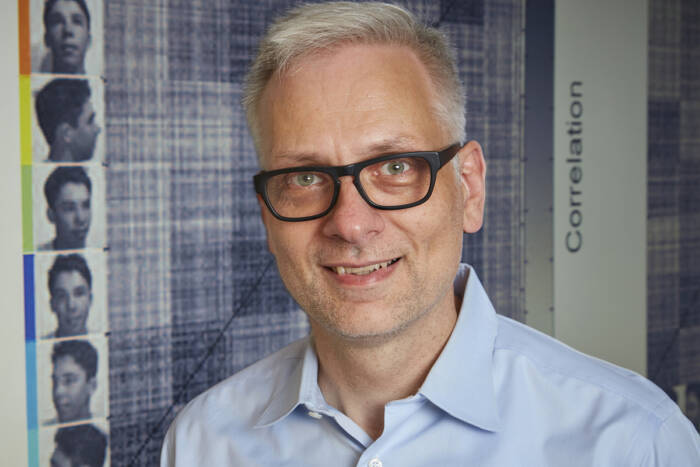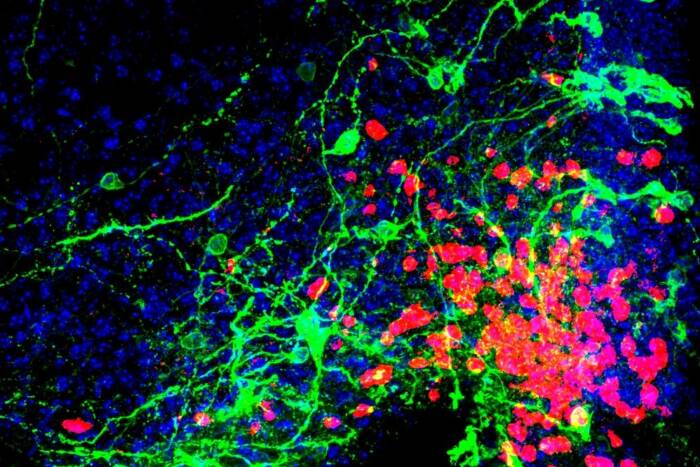Obesity researcher wins Keio Medical Science Prize
Jeffrey M. Friedman, Marilyn M. Simpson Professor and head of Rockefeller University’s Laboratory of Molecular Genetics, has been named a recipient of the 14th annual Keio Medical Science Prize, announced today by Keio University. Recognized for his pioneering work in the genetics of obesity and related disorders, Friedman shares this year’s award with Kenji Kangawa of Japan’s National Cardiovascular Center Research Institute.
Though obesity is widely recognized as one of the top global health problems, prior to Friedman’s groundbreaking research, little was known about the biology that controls body weight, with many scientists questioning the very existence of a homeostatic system that operates independent of individual eating and exercise habits. In 1994, Friedman, who also is an investigator at the Howard Hughes Medical Institute, and his colleagues published a landmark paper in the journal Nature, in which they identified a gene in mice and humans called obese (ob), which codes for a hormone he later named leptin, after the Greek word leptos, for thin. Friedman and colleagues showed that leptin is a hormonal signal made by the body’s fat cells that regulates food intake and energy expenditure. The discovery provided a genetic explanation of obesity and has challenged the popular belief that lack of willpower causes people to be obese.
With Friedman’s discovery of leptin and subsequent studies of its function, the logic of an entirely new physiological system has been established, with direct implications for the pathophysiology of human obesity. Friedman has shown that leptin has powerful effects not only on weight but on reproduction, metabolism, other endocrine systems and even immune function. In addition to providing scientists with a new target for treating obesity, the work has helped clinicians develop treatments for other, related metabolic conditions, including diabetes, and for women with hypothalamic amenorrhea.
The Keio Medical Science Prize, administered by Keio University in Japan, was established in 1995 through a donation by Keio School of Medicine alumnus Mitsunada Sakaguchi. The prize is awarded annually to researchers for outstanding achievements in the fields of life sciences and medicine, in the hope of encouraging the expansion of researcher networks and ultimately contributing to world peace. This year’s prize, which comes with 20 million yen (approximately $218,000) for each recipient, will be presented at a special ceremony at Keio University School of Medicine in December.
Friedman received his M.D. from Albany Medical College of Union University at the age of 22 and his Ph.D. from Rockefeller University. He was appointed assistant professor at Rockefeller in 1986, becoming head of laboratory in 1991 and professor in 1995. He also directs Rockefeller’s Starr Center for Human Genetics, one of the country’s largest centers for the study of diseases linked to heredity. He has been an investigator at the Howard Hughes Medical Institute since 1986. In addition to the Keio Prize, Friedman has received a Shaw Prize in Life Science and Medicine, a Jessie Stevenson Kovalenko Medal, a Danone International Prize for Nutrition, a Gairdner Foundation International Award and a Passano Foundation Award. He is a member of the National Academy of Sciences.


